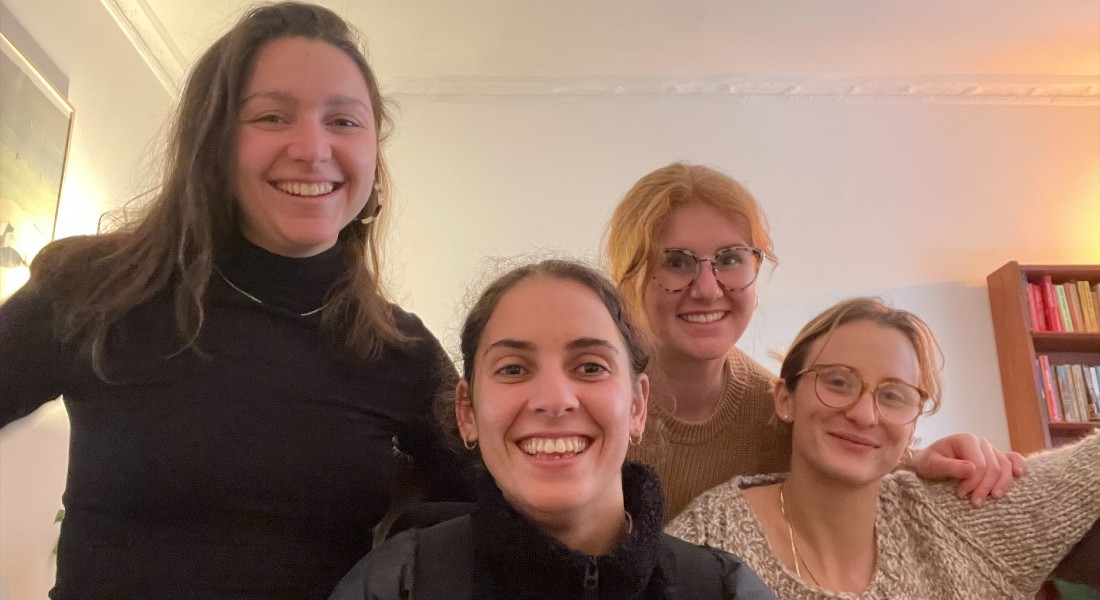Student innovations to improve the health of indigenous peoples
Once a year, teams from all over the world come together (virtually, if not physically) to tackle real global health challenges. This year, the focus of the Emory Morningside Global Health Case Competition centred on environmental health disparities, and teams had to develop health action plans to improve the health of indigenous peoples.

Our team selected the Diné people and an environmental health issue none of us, sadly, had even heard of before: abandoned uranium mines (AUM). 80% of homes are contaminated by uranium. This was the number we kept returning to each day when we reflected on the scale of the problem of AUM and uranium contamination in the Navajo Nation. This number not only tells us how widespread and urgent the issue is, but also how systemic, how infrastructural. So what could we do? 4 global health students and 1 medical student, armed with laptops, coffees, a pastry or two and 1 week to create a health action plan to solve the issue.
Given the limited budget and timespan, we decided we couldn’t fix the infrastructure. Oftentimes, education is seen as the answer: tell people how to avoid exposure, and thus prevent adverse health outcomes. But we decided education could not address the root cause – how can you tell someone how to avoid exposure when it’s in their own home. So what could we do to have a sustainable, positive impact on the community and their health?
We came up with a two-pronged approach, centred around working through existing organisations to build capacity and draw awareness to uranium contamination in the Navajo Nation and its related health impacts. First, we wanted to increase awareness outside of the Diné community, through social media and a documentary film that would ultimately bring both awareness and funding to the issue. Second, we focussed on capacity building existing grassroots organisations, by strengthening their operational and project capacity through training and project funding.
It's safe to say that fleshing out this plan – complete with a GANTT chart, budget sheet, and a monitoring and evaluation plan – kept us busy for the week. We were helped along the way by a great advisor, provided by Emory, who provided some much-appreciated guidance. Come Saturday, we were ready to pitch and, if we may say so, we did ourselves proud – despite daylight savings time changes meaning we almost missed our slot.
Whilst we weren’t finalists, it was a worthwhile experience. Not only did we learn all about an environmental health problem and a population we knew little of before, but we also came together as a group to carry out the task. What makes the competition special is not only the breadth of students taking part from all over the world, but also the breadth within teams themselves. The Emory competition requires team members to have interdisciplinary backgrounds, which results in more rewarding, realistic – and sometimes challenging – experience. It was great to meet people from other courses who looked at things from diverse perspectives. However, whilst the case competition might be over, there is still much to be done around AUM and its health impacts – and we encourage you to learn about it.
